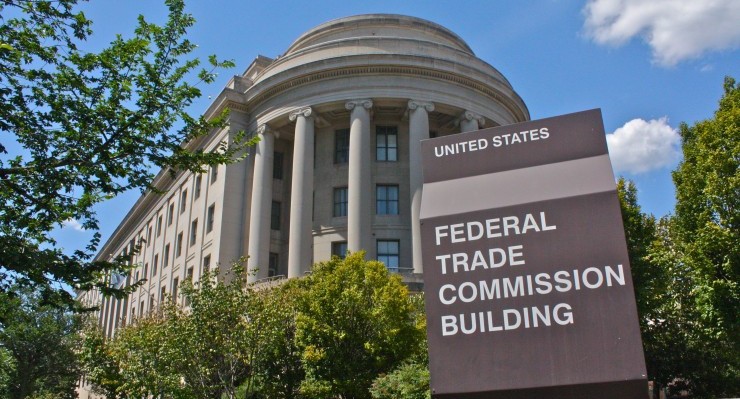In the wake of a federal and state enforcement sweep dubbed Operation Mis-Modification, the principals of a mortgage relief operation and their companies have been banned from the mortgage loan modification and debt relief business pursuant to court orders obtained by the Federal Trade Commission.
The FTC charged the Florida-based operation with a scheme that deceptively promised financially distressed homeowners legal representation to prevent foreclosure or lower their mortgage payments and interest rates, and illegally charged thousands of dollars in advance.
According the complaint, the defendants participated in deceptive and unfair acts or practices in violation of Section 5 of the FTC Act, the FTC’s Telemarketing Sales Rule and the Mortgage Assistance Relief Services Rule. Specifically, the FTC alleged that the defendants typically represented to consumers that they would obtain loan modifications or that their chance of getting one was 85% to 100%, and collected up to $4,000 in advance, and sometimes an ongoing monthly fee of $300 or more. In some cases, according to the FTC, the defendants informed consumers not to pay their mortgages while their supposed loan modifications were pending, and falsely claimed that, by auditing their mortgage documents for lender errors or lender fraud, they would be able to convince the lenders to modify the consumers’ home loans.
The stipulated order for permanent injunction bans defendants from selling secured and unsecured debt relief products or services, prohibits them from misrepresenting any financial products and services, and from violating the Do-Not-Call Registry rules. The stipulated order imposes an $8 million judgment that will be suspended upon surrender of frozen assets.
In July 2016, the court granted the FTC’s motion for summary judgment against separate defendants in the matter, finding the facts of the case indisputable, including:
- Members of the operation made numerous misrepresentations to consumers;
- The companies operated as “law firms” via agreements with lawyers in various states who did little or no actual legal work for the defendants’ clients;
- Some attorneys’ names and signatures were used on documents without their authorization;
- Consumers stated that despite being led to believe that a lawyer would work on their case, many never spoke to one, never got a lawyer’s name, and never saw anything to suggest that a lawyer had done any work for them;
- Some consumers who began paying the defendants stopped hearing from them;
- Some consumers who contacted their lenders directly were told no paperwork had come from the defendants; and
- Some consumers received mortgage modifications, but not on the terms they were promised, and sometimes with a higher monthly payment than they had been paying.
The Court imposed a permanent order on the separate defendants that subjects them to the same conduct terms as the defendants who settled with the Commission, and includes a judgment of more than $13.5 million, which represents the defendants’ net revenues. The orders bar the defendants from profiting from customers’ personal information and failing to dispose of it properly.
As a result of amendments to the Telemarketing Sales Rule, companies that sell debt relief services, including debt settlement, debt management, and debt negotiation, are prohibited from charging fees before settling or reducing a consumer’s credit card or other unsecured debt. The prohibition took effect on October 27, 2010.
The practices of the debt settlement industry, including student loan debt relief, have been the subject of several state and federal investigations and enforcement actions in recent years. Prevalent issues include, without limitation, charging unlawful advance fees, deceiving borrowers about the costs and terms of the applicable services, falsely promising lower payments, falsely claiming quick relief from default or garnishment, and falsely representing an affiliation with the U.S. Department of Education.
Contact an experienced FTC defense lawyer to discuss recent regulatory advisory warnings, if you are the subject of an FTC, CFPB or state attorney general matter, or if you are interested in implementing preventative compliance measures.
Richard B. Newman is an Internet Marketing Compliance and Regulatory Defense Attorney at Hinch Newman LLP focusing on advertising and digital media matters. His practice includes conducting legal compliance reviews of advertising campaigns, representing clients in investigations and enforcement actions brought by the Federal Trade Commission and state Attorneys General, commercial litigation, advising clients on promotional marketing programs, and negotiating and drafting legal agreements.
HINCH NEWMAN LLP. ADVERTISING MATERIAL. These materials are provided for informational purposes only and are not to be considered legal advice, nor do they create a lawyer-client relationship. No person should act or rely on any information in this article without seeking the advice of an attorney. Information on previous case results does not guarantee a similar future result.





One thought on “Debt Settlement Industry Remains in Regulatory Crosshairs Following Recent Sweep”